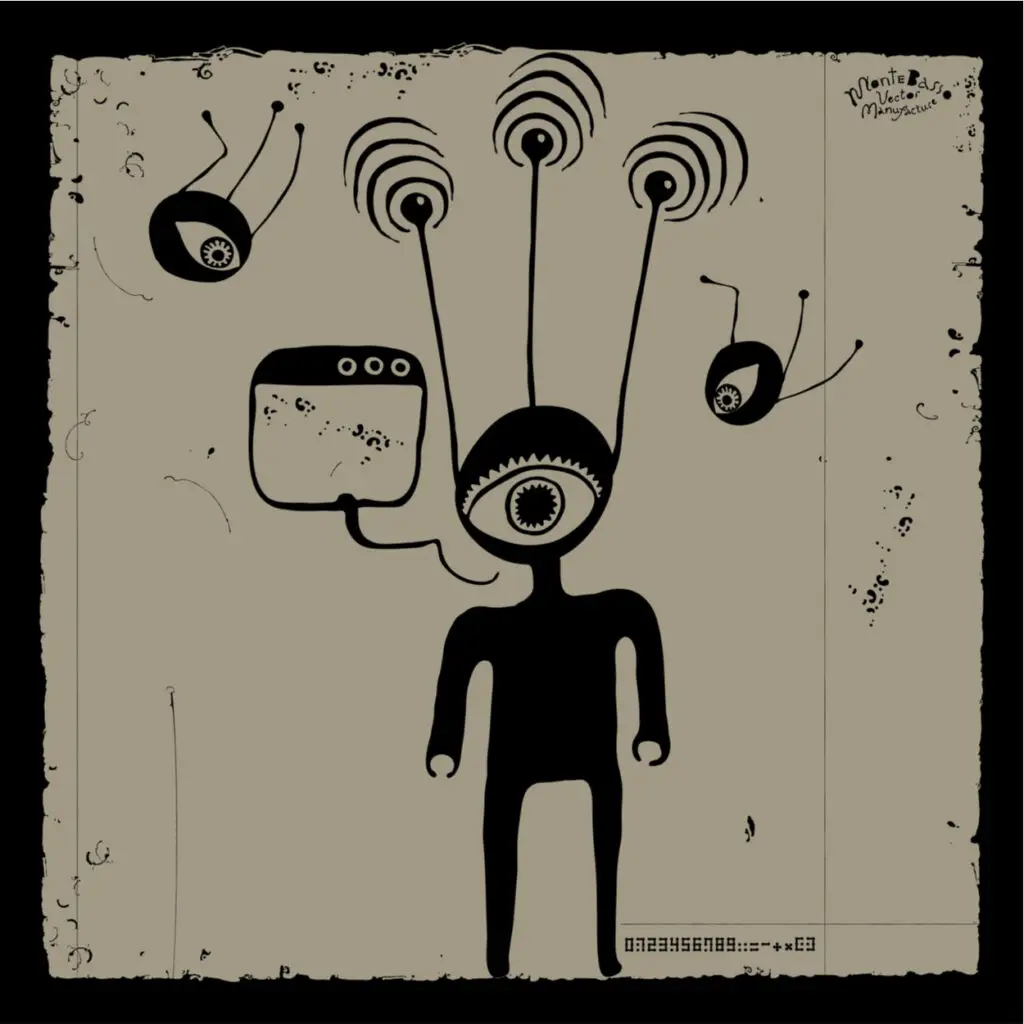The thoughts that come to our mind unwarranted and cause stress, distress and anxiety are called intrusive thoughts. They are intruders in your own brain, and many people struggle to deal with these kinds of thoughts.
Thoughts like these can be caused by painful experiences, and as the memories rush back at unexpected times, they can derail the thoughts we want to have. A lot of times, these intrusive thoughts are frightening and are a manifestation in our mind of our own fears.
If these thoughts intrude on your life regularly, it can feel like you are out of control. Once you know how to deal with intrusive thoughts, you can get back control of your mind.
Many times, these thoughts stem from an experience where the person was not in control of their own situation, such as a car wreck, a burglary, or a death in the family.
If you learn how to deal with random intrusive thoughts, you will feel a greater sense of power over your own mind and your life.
The Intrusive Thought Paradox
What happens a lot of time with someone who is struggling with how to deal with intrusive violent thoughts or painful memories is that the more they work to suppress these thoughts or find a distraction from them, the more intense the thought grows.
This is where a lot of people end up with their unwelcome thoughts. Their unwelcome thoughts stick in their brain, and the more they try to struggle with them, the worse they become. Their efforts to combat them only make them worse.
This can be very frustrating for someone who just wants freedom from these kinds of thoughts, and they may feel like they are never going to get past the experience that keeps traumatizing them or the fears that plague their mind.
There are some things that you can do to handle these thoughts and get them under control.
Label the Thoughts Properly
It helps to put a label to our fears and our enemies. If you mentally identify these thoughts as intrusive, it can help you in dealing with them better. You can start to see them for what they are.
What happens a lot of time with intrusive thoughts is that they’re never really identified properly. People just try to push them away without taking time to understand them and understand where they’re coming from.
People get caught up in the feelings of stress and anxiety that these thoughts cause and then focus on the emotions rather than giving the thoughts their proper identification.
Once you start to realize that these thoughts are the source of a lot of stress and anxiety, you understand them better and you will be better prepared for them.
Intrusive thoughts almost always come from fears, trauma, and grief. Once you realize that is what’s happening, you will be able to deal with it better and will be less likely to simply deny what is happening.
Don’t Fight the Thoughts
You should not struggle with these thoughts every time the pop up. If you try to suppress them and force them back down, they may come back fiercer and stronger. The resulting damage can be much worse.
The effect of trying to stifle the thoughts is like water coming from a hose. When you allow the water to come out freely, it flows at a relaxed rate from the hose.
When you put pressure on it and try to block the hose, the water can come out faster and with greater pressure. It may seep out in any way it can, finding a way to come out despite your best efforts.
They will find a way to break through, and they will likely come out with greater pressure than they would have otherwise.
If you allow the thoughts to flow freely and just give them space to run their course, they will eventually fade out. Yes, it can be painful, but it won’t cause you as much mental anguish.
Instead of fighting with the thoughts and losing that struggle over and over again, you can simply allow those thoughts to be.
Take Things Slowly
Many times, these kinds of thoughts are trying to work their way through our system as unexpressed fears or grief. Our mind needs time to process painful and traumatic experiences.
As you take time to recover from that experience, whatever it may be. You need to try to take life slower. Give yourself a chance for downtime and relaxation. Try not to push yourself too hard.
If you struggle with how to deal with intrusive thoughts OCD or trauma related, you will make it worse if you are adding stress on top of that. Try to relax your schedule and slow down a bit, giving yourself space to process your experiences and time to recuperate.
If you struggle with how to deal with random intrusive thoughts, it can help to take on a lighter schedule and give yourself more downtime each day. If you live or work at a hectic pace, your mind won’t have time to recuperate, to grieve, and to heal.
It won’t be able to process thoughts like it should, because it will be so focused on everything else that is going on. In order for your mind to get back to where it needs to be, it needs some downtime as well.
Give Yourself Time
One of the biggest mistakes that people make when they’re learning how to deal with new intrusive thoughts is that they assume they have the thoughts handled. They think the first or second time that they push those thoughts away that that will be the last time they have to deal with them.
You can’t treat these thoughts with a sense of finality, though. You have to realize that they will come back, and you have to give yourself time for your mind to process them.
So, how to deal with intrusive violent thoughts that keep coming back and that persist? Just realizing that they will continue to come back for a while is going to help. This helps prepare you for the next time they come so it doesn’t catch you by surprise and catch you off guard.
What can give you some comfort, though, is to understand that these thoughts will probably become less painful and less intense overtime. As you allow the thoughts to flow and stop trying to suppress them or convince yourself that they won’t come back, you could start to experience the same thoughts again but with less severity.
Identify and Remove Triggers
There are things in our life that we are coming to contact with or even allow into our lives that can trigger these kinds of thoughts. Some people experience intrusive violent thoughts and aren’t sure what to do about them.
They may have never had a traumatic experience or a serious source of grief and yet still feel these violent thoughts that come on warranted to their mind.
In these kinds of cases, you need to know how to deal with weird, intrusive thoughts that don’t seem to have an origin in any life experience. These may stem from the kinds of media you absorb.
Take an assessment of the movies you watch, music you listen to, and video games to play, as well as other media you may be absorbing. Even the books and magazines you read can have an effect on the kind of intrusive thoughts you experience.
If your thoughts are violent and intrusive, this could be a result of a constant diet of violent media. Intrusive sexual thoughts could be a result of a constant diet of sexual media. Simply cutting back or cutting out this kind of media can have a huge impact on your thought life.
Talk to Someone about Your Thoughts
One of the best ways how to deal with PTSD intrusive thoughts and other kinds of unwelcome thoughts is to simply discuss them with someone. If you are struggling with how to deal with OCD intrusive thoughts and you’ve never really verbalized them to anyone, it may help to do so.
Discussing what is going through your mind can help you to realize where these thoughts are coming from and can help you to process them better. Often you will process grief, pain, and trauma easier when you talk about it out loud with someone you trust.
This can be very helpful for how to deal with an adult/child who has intrusive thoughts. No matter what your age, just talking to someone you feel you can confide in can help you work through thoughts.
You may take many conversations and a lot of time to process the thoughts and to get control over your mind once more, but it will help to speak to someone about them.
My name is Ellis Francis and I have been a personal fitness trainer, sports nutritionalist and health and fitness advisor for over 25 years. I am the lead health and fitness advisor at https://awellnessbody.com.







